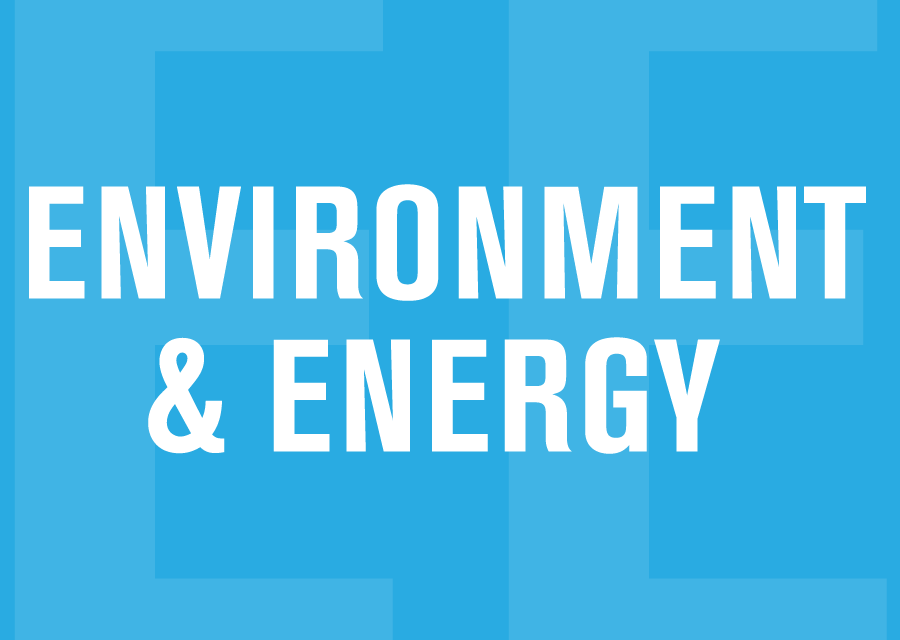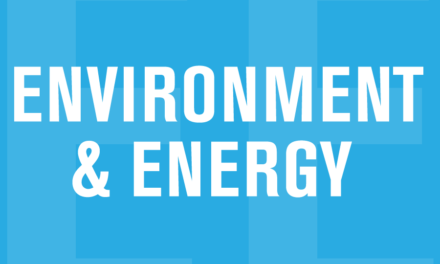COP 27, the latest United Nations sponsored conference on climate change, accomplished very little. Journalist and author George Monbiot put it best: “The rich world’s governments arrived at the conference in Egypt saying ‘it’s now or never’ and left saying ‘how about never’?”
Optimists found some solace in a last-minute agreement by developed countries to create a new fund to address the loss and damage caused by climate change. But with no commitment by major emitters to phase-down fossil fuels, the rich countries were basically agreeing to pay for future damages, rather than taking the steps needed to avoid them.
Canada was among the countries dodging the phase-down commitment with Environment and Climate Change Minister Steven Guilbeault rationalizing that the provinces have jurisdiction over natural resources, with federal powers limited to controlling pollution from their development.
That display of timorousness was in keeping with our country’s past record, laid bare in the latest annual edition of the Climate Change Performance Index (CCPI). Produced in Germany since 2005, the Index tracks the climate protection performance of 60+ countries and the European Union, which together account for over 90 percent of global greenhouse gas emissions.
This year’s report, ranking Canada 58th best (or sixth worst) attracted some media attention and provided question period fodder last week in the House of Commons. Elizabeth May of the Green Party, noting Prime Minister Trudeau’s absence from the conference, quoted the UN Secretary-General’s pre-conference warning that “we are on the road to hell with our foot still on the accelerator,” May asked whether Trudeau was absent “because he knows he is over the speed limit. Did he stay away because he knows we are part of the problem and not the solution?”
From bad to worse
The CCPI would certainly support the notion that Canada is part of the problem. We did achieve a slight improvement in our rankings this year but only because of a medium score on climate policy, the result of the introduction last March of the 2030 Emissions Reduction Plan. On emissions, renewable energy and energy use we remained very low.
As for the 2030 plan, it was damned with faint praise, found to fall short of what the country must do to keep temperatures well-below-2°C trajectory, as per the 2015 Paris Agreement. Noting that Canada expects to increase fossil fuel production by more than five percent by 2030, the CCPI says the proposed cap on oil and gas sector emissions should be applied swiftly with “an ambitious trajectory,” adding that “fossil fuel production must decline significantly.”
Canada’s dismal performance in the latest international rankings looks even worse when viewed over time. This year’s slight improvement – 58th up from 61st – is the exception. Canada’s score has otherwise been dropping steadily despite a lot of green talk from, as one Bloc MP described them “the feel-good Liberals.”
Six years ago the CCPI report described the still fairly new Trudeau government as making some progress although “still struggling with the consequences of the sluggishness of its former government.” We ranked only 56th, but with the the achievement of the 2016 federal-provincial agreement on “Clean Growth and Climate Change” we were given a passing grade on policy and given an overall score of 43.06 out of 100.
No country was even close to 100, but France, at 66.17 received the highest ranking. That put Canada 23 points behind the leader. Six years later, Canada’s ranking at 58 may lead one to conclude that we haven’t slipped that badly during the intervening years of pipeline building, anti-carbon tax grandstanding by Conservatives, fossil fuel subsidies and new oil and gas investment. But that would be an optimistic verdict.
The latest CCPI report sees Canada’s mark dropping by nearly 17 points from 2017 to 26.46 while the top country, Denmark, is at 79.61. That leaves this country 53 points behind the leader, a 30 point drop from 2017 – and a glaring illustration that while we’ve been going in reverse, many other countries have been moving ahead with measures to contain global heating.
Carbon pricing debate
Release of the climate index led to the Liberals getting it from all sides in the House of Commons last week. The reaction of the Greens and the Bloc was predictable, but the Conservatives also managed to put their own spin on it, one we will likely hear ad nauseam in the months ahead following imposition of a carbon price on consumers in Nova Scotia, P.E.I. and Newfoundland.
Pierre Poilievre provided a preview of the talking points in Question Period on Thursday last.
Mr. Speaker, as the world’s wealthy gather for the COP conference, burning massive amounts of jet fuel to get there, what is becoming clear is that the government does not have a climate plan; it has a tax plan. Its plan has failed to reach a single solidarity greenhouse gas emissions target and Canada now ranks 58th out of 64 countries on climate performance. This is after it has hit Canadians with high taxes. It plans to triple the tax, tripling down on failure.
Will the Liberals cancel the carbon tax and come up with a real environmental plan?
The purely partisan response to that bit of sophistry is to point out, as Chrystia Freeland did at the time, that the Conservatives don’t have a climate plan.
(Subsequent exchanges revealed that the Conservatives do have a “climate” plan – the old canard about producing more natural gas to be liquefied and shipped overseas to replace coal).
Pointing to your political opponent’s lack of policy may not wash on the doorsteps and community centres where Liberal MPs will be trying to defend the carbon plan in inflationary times. The promise of rebate checks that will leave many families better off should help to sell it, but it would be better for all concerned if the government could start to show some real progress in cutting emissions.
Turning the corner?
In the search for progress, there was one recent release providing a glimmer of hope. The European Commission Joint Research Centre’s Emissions Database for Global Atmospheric Research (EDGAR) reports that, as expected, carbon emissions bounced back in 2021 after dropping during the pandemic year. For the world as a whole, emissions dropped by 5.3 percent in 2020, but returned to slightly below pre-pandemic 2019 levels last year.
The good news for Canada is that a drop of almost 10 percent in carbon emissions in 2020 was followed by just a 2.8 percent increase in 2021. As a result, in 2021 Canada’s carbon dioxide emissions – amounting to about 80 percent of greenhouse gas emissions – were 7.4 percent lower than they were in pre-pandemic 2019.
Sometime next year, possibly before the July 1 implementation of the carbon tax, we should know whether the EDGAR report on Canada’s carbon emissions was an aberration or the beginning of some actual progress, however modest and ultimately insufficient. Carbon emission numbers for 2022 will be much-anticipated and closely watched.
-30-





This one really caught my interest. Thanks bro and keep up the good work. Love sis!